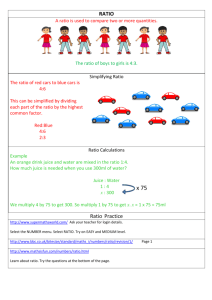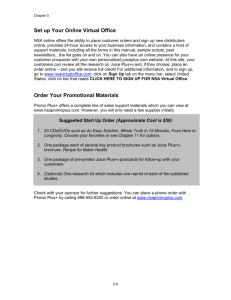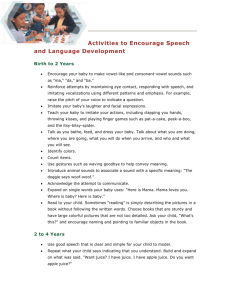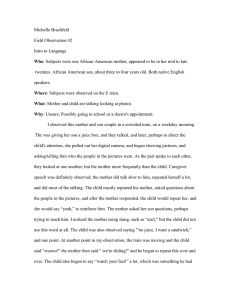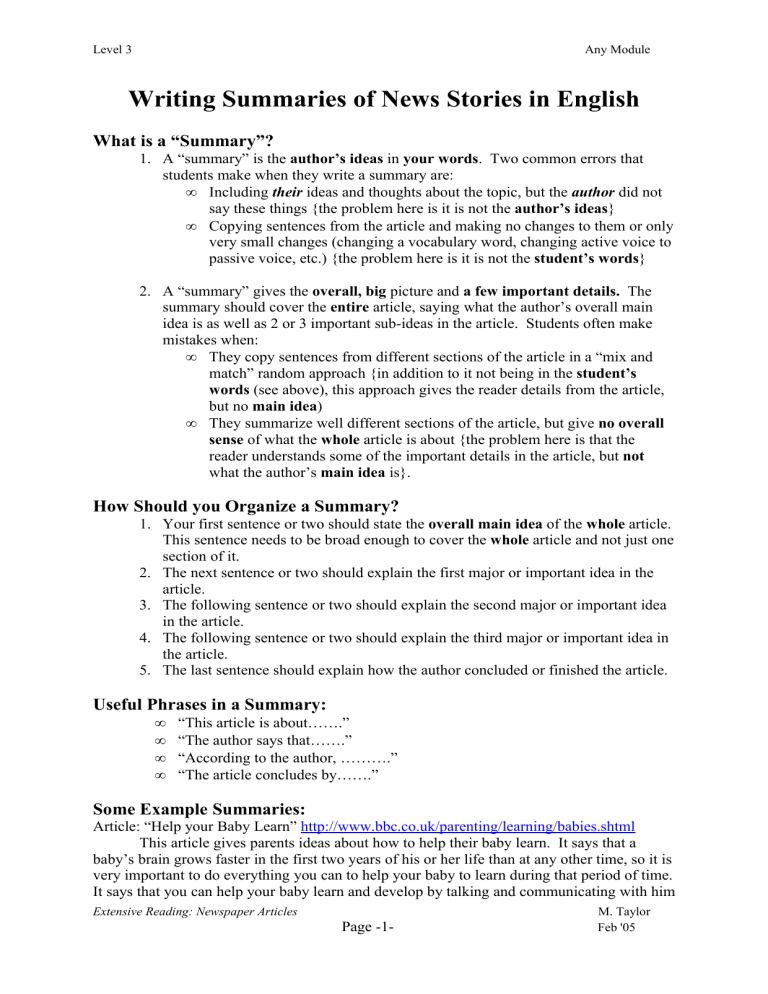
Level 3
Any Module
Writing Summaries of News Stories in English
What is a “Summary”?
1. A “summary” is the author’s ideas in your words. Two common errors that
students make when they write a summary are:
• Including their ideas and thoughts about the topic, but the author did not
say these things {the problem here is it is not the author’s ideas}
• Copying sentences from the article and making no changes to them or only
very small changes (changing a vocabulary word, changing active voice to
passive voice, etc.) {the problem here is it is not the student’s words}
2. A “summary” gives the overall, big picture and a few important details. The
summary should cover the entire article, saying what the author’s overall main
idea is as well as 2 or 3 important sub-ideas in the article. Students often make
mistakes when:
• They copy sentences from different sections of the article in a “mix and
match” random approach {in addition to it not being in the student’s
words (see above), this approach gives the reader details from the article,
but no main idea)
• They summarize well different sections of the article, but give no overall
sense of what the whole article is about {the problem here is that the
reader understands some of the important details in the article, but not
what the author’s main idea is}.
How Should you Organize a Summary?
1. Your first sentence or two should state the overall main idea of the whole article.
This sentence needs to be broad enough to cover the whole article and not just one
section of it.
2. The next sentence or two should explain the first major or important idea in the
article.
3. The following sentence or two should explain the second major or important idea
in the article.
4. The following sentence or two should explain the third major or important idea in
the article.
5. The last sentence should explain how the author concluded or finished the article.
Useful Phrases in a Summary:
•
•
•
•
“This article is about…….”
“The author says that…….”
“According to the author, ……….”
“The article concludes by…….”
Some Example Summaries:
Article: “Help your Baby Learn” http://www.bbc.co.uk/parenting/learning/babies.shtml
This article gives parents ideas about how to help their baby learn. It says that a
baby’s brain grows faster in the first two years of his or her life than at any other time, so it is
very important to do everything you can to help your baby to learn during that period of time.
It says that you can help your baby learn and develop by talking and communicating with him
Extensive Reading: Newspaper Articles
Page -1-
M. Taylor
Feb '05
Level 3
Any Module
or her, picking him up, choosing toys that are appropriate for his or her age, looking at books
with pictures of bright, everyday things, and doing new things with him or her each day.
According to the author, if you do these things, your baby will learn and grow.
Article: “Child Cancer Survivors Report High Quality of Life”
http://www.msnbc.msn.com/id/6924028
According to this article, having cancer doesn’t mean a child’s life will be miserable.
In contrast, it says that based on recent research, many children who are cancer survivors can
“put their cancer behind them” and live “happy and well-adjusted” lives. The article
concludes by giving an example of one 9-year old patient who had a very dangerous cancer
when he was 6 years old. He has now recovered from his cancer and leads a happy life.
Article: “Travel News from Around the World” http://www.msnbc.msn.com/id/6720308
This article is a mixture of news and unconnected information related to travel. It
begins by mentioning a travel magazine that tells you what the weather is like in many parts
of the world on different days of the year. It then talks about new walking trails in the UK,
special shopping in Italy, a special hotel in Rio de Janeiro (Brazil), and an artistic event in
New York’s Central Park. The article ends with a collection of 1-2 sentence “news items” on
a wide variety of things related to travel.
Article: “Young People and Exercise”
http://www.bbc.co.uk/health/healthy_living/fitness/motivation_young.shtml
This article talks about young people and exercise. It begins by listing some of the
excuses young people give to explain why they don’t exercise. It provides answers to each of
these common excuses or “objections”. Then, the article moves on and talks about the
benefits of regular exercise. After that, it gives some ideas of different activities you can do
to exercise and some simple safety rules and suggestions to make sure that you don’t hurt
yourself when you exercise. It then ends by giving some advice about exercise in school.
Article: “Doctors Say Kids Should Lay Off Juice”
http://www.cnn.com/2005/HEALTH/diet.fitness/02/11/juice.abuse.ap/index.html
In this article, the author talks about the dangers of giving juice to babies and young
children and suggests that contrary to what many people believe, juice is actually almost as
bad for children as Pepsi or Coke! The author explains that juice has a lot of sugar and a lot
of calories which makes it easy for children to gain weight. He suggests that instead, children
be taught to drink water most of the time, which has no calories. Of course, the Juice
Industry does not agree with these findings, and the end of the article presents the response of
a spokesperson for the Juice Products Association to these claims.
Article: “Survey: Most Young Adults have Positive View of College”
http://www.cnn.com/2005/EDUDCATION/02/09/after.high.school.ap/index.html
This article mostly explains why so many young adults do not go to college, even
though they think that college is important. It reports the results of a study that shows that
half of the students who do not go to college or who dropped out did so because they could
not afford college or because they wanted to more quickly get a job and make money. It also
says that many young adults who do not go to college did not study very hard in high school,
and that most of their parents did not strongly encourage them to go to college. The article
also mentions that most young people think there are definite advantages to having a college
education and that by age 33, most college graduates have paid off any financial loss that
going to college caused them.
Extensive Reading: Newspaper Articles
Page -2-
M. Taylor
Feb '05
